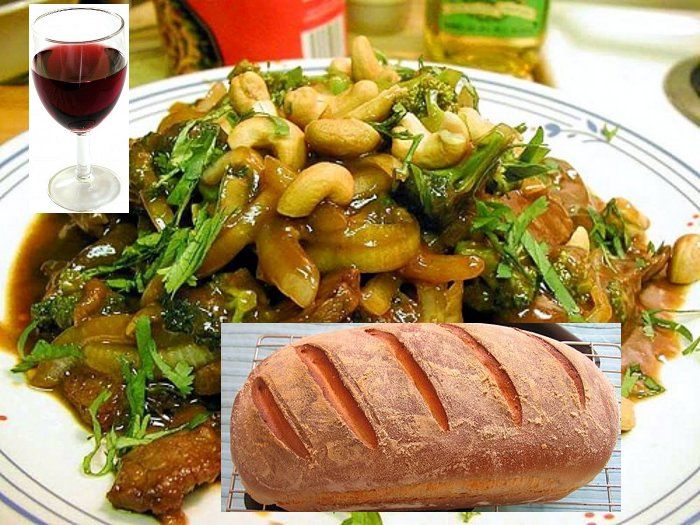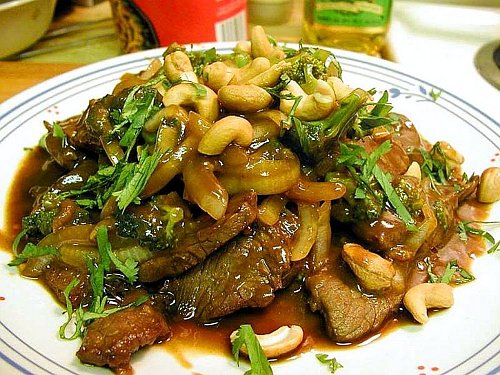- so why do I not call it “Communion”, or “The Lord’s Supper”, or “The Eurachist”
- Simply because this is the name the Bible most often calls it
- So why have people changed the name?
- because they have changed the event from what Jesus gave us
- Eating together ==> public display of friendship
- Covenant meal ==> done after making a covenant, the two parties would eat together
- In Exodus 24 God ate with the 70 elders at Mt. Sinai after making a covenant in the wilderness
- Jesus frequently ate with members of society who were despised, and regarded as unclean.
- We can see the significance attached to sharing a meal by the reaction of his critics,
- As Jesus went on from there, he saw a man named Matthew sitting at the tax booth. “Follow me,” he said to him. And he got up and followed him.
- As Jesus was having a meal in Matthew’s house, many tax collectors and sinners came and ate with Jesus and his disciples.
- When the Pharisees saw this they said to his disciples, “Why does your teacher eat with tax collectors and sinners?” Mat 9:9-11
- So, to summarize, the cultural meaning is much stronger than in our culture
- Powerful idea of expressing unity by eating together
- Jesus is thought of as being here and part of the unity
- Look backwards as we remember Jesus’s death
1 Cor 11:24. and when he had given thanks, he broke it, and said, “This is my body which is for you. Do this in remembrance of me.”
- So what does it mean to “remember”?
- Simply not to forget?
- So what does it mean to “remember”?
- Proclaim what he has done as a witness to others
1 Cor 11:26. For as often as you eat this bread and drink the cup, you proclaim the Lord’s death until he comes.
- how can it function to proclaim?
- Pliny: Wrote to the Emperor Trajan less than 100 years after Christ
- Confused by Christians and asks for advice
- “it was their custom to disperse and to come together again to partake of food, of an ordinary and harmless kind”
- People wondered why these Christians spend so much time in each other’s houses eating together
- They were impressed by the level of love and community
- It was designed to demonstrate unity and community!
- Demonstrate our unity in Christ
- Whole problem in 1 Corinthians 11:17-34
- Come to Jesus as a priest who forgives our sins
- Talked about this last week
- If have sinned, then this is the place to be to remind ourselves of forgiveness
- Obtain a blessing as by faith we receive the benefits of Christ’s death
- Blessings such as increased assurance that we are not under condemnation but free and justified
- Blessings of joy
- Obedience leads to blessing
- Look forwards to feasting with Christ in glory
Rev 19:9 Marriage supper of the Lamb
- And the angel said to me, “Write this: Blessed are those who are invited to the marriage supper of the Lamb.”
- First let’s look at earliest mention of the church in the book of Acts:
- There are two references to “breaking bread”, in v.42 and v.46.
- The first clearly refers to a spiritual celebration, since it is associated with teaching, fellowship and prayers.
- The second reference is linked with eating meals for sustenance.
- It would be very bad interpretation to make v.42 mean something very different to the identical phrase in v.46
- so since v.46 is a real meal, so must v.42 be!
- The Historian Jeremias claims this is an actual ‘order of service’
momsrecipesandmore.blogspot.ca/2009/03/milk-bread.html
- Sequence of meal
- Three possibilities have been suggested
- The best evidence is for the last arrangement, since it fits in well with what we know of the passover meal.
- Abuse of the poor who were hungry
- Secular descriptions of meals.
- It was quite common in those times for hosts to provide meals of differing quality and quantity. “The picture that emerges from such Roman authors as Pliny, Martial, and Juvenal is one in which even at the same table privileged guests received both better portions and far more than others.




